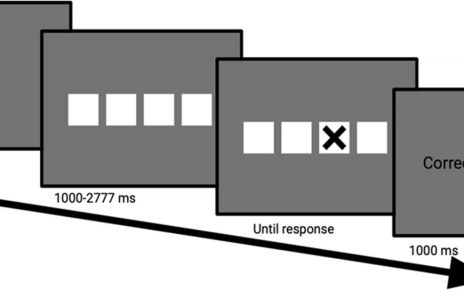Patient-mediated exchange has been championed more and more recently as one potential answer to the long-vexing problem of interoperability. A recent report from RAND supports that idea, and shows how the smartphones in our pockets could also be a boon for more accurate patient matching across providers.
Patient matching is a huge challenge. Earlier this year, a who's-who of healthcare industry groups told Congress it was far past time to solve the problem, which they said has hindered innovation, cost providers revenue and put patient safety at risk.
Recent years have seen renewed efforts from both federal agencies such as the Office of the National Coordinator for Health IT and private-sector developers to seek new approaches, from AI algorithms to cloud computing and, recently, experts have said that blockchain can help with patient matching but not solve the problem entirely.
Mobile apps are another promising way to help ensure that medical records, shared among different care settings, are matched accurately, according to the study, which was sponsored by the Pew Charitable Trusts and is touted as the the first U.S. effort to explore patient-driven approach to better data matching processes for shared medical records.
For instance, more robust use of smartphones for data exchange helps to verify patients' phone numbers with their providers, RAND researchers note, and various apps can also enable easier and more accurate check-in with updated ID information.
"Tools and methods that allow an individual’s mobile phone or smartphone to be used for improving medical record matching among different health providers appear to be particularly promising for a patient-empowered approach to the problem," said Robert S. Rudin, lead author of the report and an information scientist at RAND.
But such approach still needs further development to ensure the mobile tech's utility and usability, according to RAND, which suggested the development of governance processes to help build trust among patients and providers alike.
"These methods will require development and testing," said Rudin.
Patient matching has long been a major hurdle for interoperability, of course. The RAND report points to a 2014 ONC report that found successful matching to be as low as 50 percent when records were shared across care setting.
The new study showed that near-ubiquity now of smartphones – many with biometric capabilities such as fingerprint ID and facial recognition – offered a big opportunity to help build a system of patient empowerment.
Still, making it happen will require development of technical specs, prototypes and pilot programs, and the creation of an organization to oversee and track progress.
"Engaging patients in solving the problem likely requires real-world pilot testing and evaluation of an array of approaches," said Rudin.
Twitter: @MikeMiliardHITN
Email the writer: [email protected]
Source: Read Full Article



